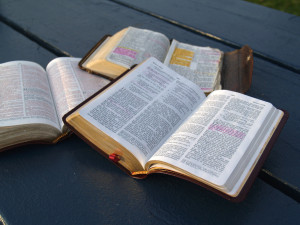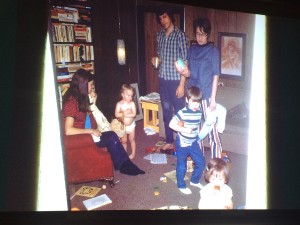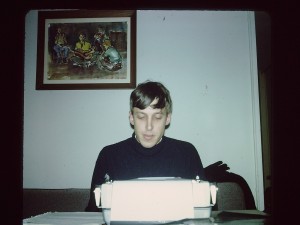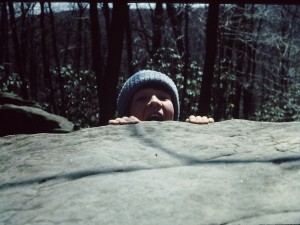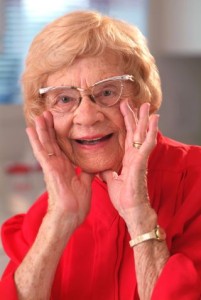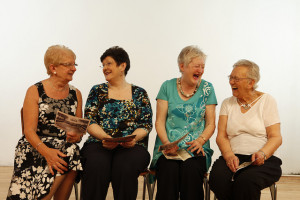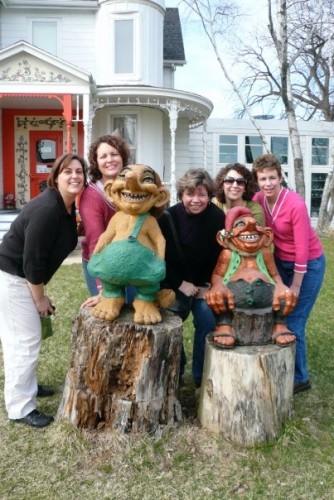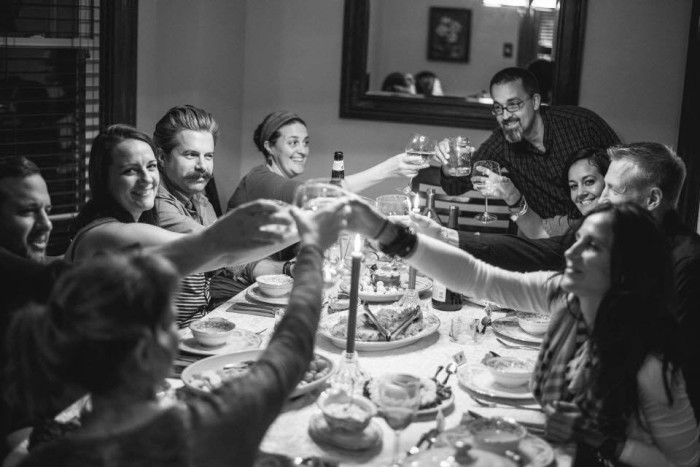“Do you want to go back to bed?!? DO YOU WANT TO GO BACK TO BED?!?”
“Yes!” I grumbly murmured as I rolled over in bed and turned my back to the open window letting in the cool 5 a.m. August-air.
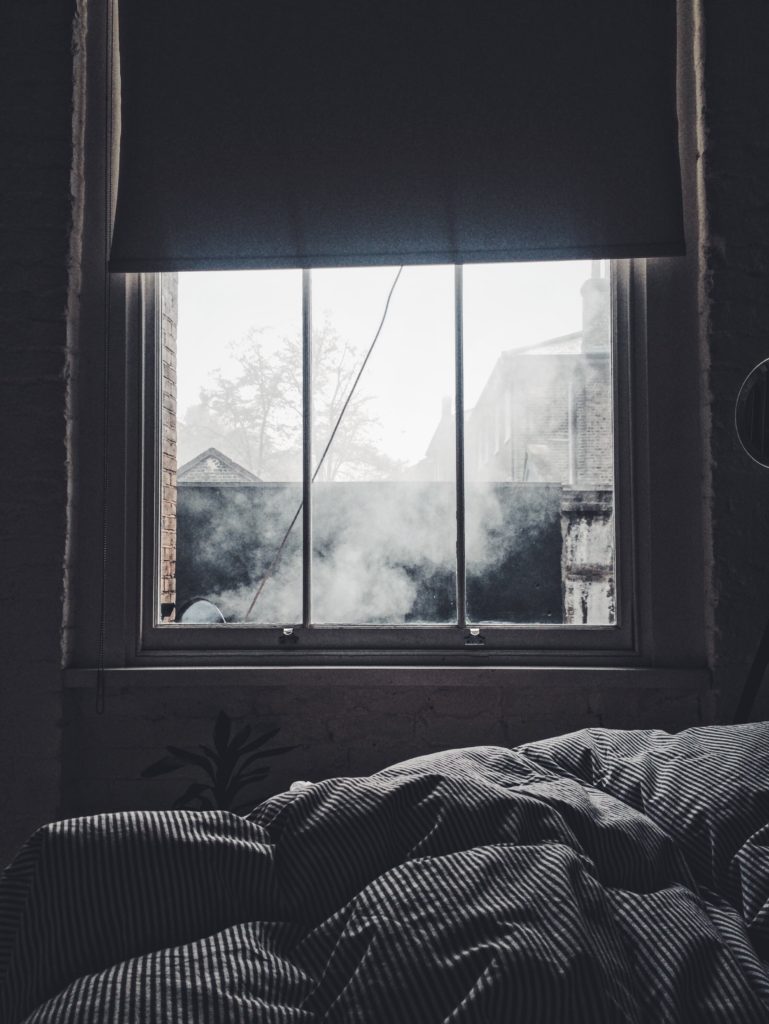 I was a couple weeks into my new apartment near Philadelphia. By now I was used to the 6 a.m. physical training drills as platoons of teenagers from the military college across the street marched to their practice field about 100 yards from my window. Five a.m. was new though. Someone must have done something wrong.
I was a couple weeks into my new apartment near Philadelphia. By now I was used to the 6 a.m. physical training drills as platoons of teenagers from the military college across the street marched to their practice field about 100 yards from my window. Five a.m. was new though. Someone must have done something wrong.
I knew my body well enough to know my night was over. I slid out of bed, trying to be quiet in case my roommate had managed to sleep through the earlier-than-normal P.T. routine. She’d be up early enough when they marched back to campus singing their cadence song in an hour or so.
I wandered into the kitchen to start the coffee and curled into the soft cushions of our couch, staring out the window into the front yard of the apartment complex until I heard the young cadets marching home again.
Leased from a local military college, my graduate school housing was a 1930s era apartment. Its wood floors were charming, and the sweetest floral pattern was etched into the bathroom mirror. The 1930s was the era of the fuse box which meant no air-conditioning and no window unit. So, we left our windows open.
Aside from the hot-July months when I had to escape to wander the mall all day lest I roast, I didn’t really mind it so much. I’m a couple years removed from that apartment now, and I rather miss needing to have my windows open. The always-conditioned cool air of Georgia summers seem rather stuffy in comparison.
Much of my graduate school classes focused on peace and non-violence. The irony that I was living on a military campus where teenagers marched by and sang about war on a daily basis was not lost on me.
The apartment buildings was surrounded by the military college and their football field, the parking lot for a large church (that was also a school), and a golf course. The golf course was mostly quiet.
On Friday evenings in the fall, the football field filled up with high school sports. A marching band walked past my window, drumline in full performance. For every touchdown that the home team cadets made, a cannon blast pierced the air.
The cadets began the daily symphony early every morning and by 9:00 am there were sounds coming in from every direction. Children’s laughter from the church’s playground bounced across the mostly empty parking lot straight into our windows. On the other side of the road the bells of the college chapel began to ring on the hour at 9 a.m. and went until 5 p.m. Sometimes the bells counted the hour, sometimes they played a hymn.
On days when I had no classes these became familiar time-keepers, keeping me focused and paced as I read book after book after book after book. You don’t need any sort of advanced intelligence to attend grad school. You just need lots of time to read.
More often than not, I read past the end of the daily bells and was still working when one lone bugle broke through the dark night sky and played Taps. It’s the sound for lights out. I know it most from movies where it’s played at military funerals. And so my night often ended on a somber note. Not that I minded, I’ve always had an odd love for sad movies or songs or books.
Every once in awhile there was a special evening conclusion to my daily concert. On clear nights, after the sun had set, there would be the faintest sound of bagpipes. I’d close my book and sit and listen to the peaceful tune as the crickets outside joined the song. This final piece of the day’s symphony would often go on for hours.
Throughout all of this – we grew skilled in making our own noise. Loud family dinners of neighbors and friends were rich with full-bellied laughter. We hooked a projector and speaker up to a laptop and watched movies or the latest episode of Sherlock in a volume that was probably too loud for the neighbors who didn’t join us. One summer, we streamed the World Cup games from the laptop and loudly cheered on the home teams among our group: Cote D’Ivoire, Ghana, Nigeria, and USA. Some nights we quietly listened to each other and shared our stories (to the soundtrack of bagpipes when we were lucky).
The golf course across the street had one noisy night a year – July 3rd – when they put on a fireworks show. The first year it surprised me and I ran to the window when my living room lit up bright red after a loud explosion. I had a perfect view from the second floor window. My last summer in that apartment the July 3rd show was rained out.
A few weeks later my roommate and I packed our cars and moving trucks full. All that was left in the apartment was the dorm-issued furniture and a small overnight bag. We were leaving bright and early the next morning.
As we prepared for bed, we heard a crack and boom and saw the flash of light outside. We moved one of the beds directly in front of the window, and sat next to each other as we leaned in towards the screen, listening and watching in delight as our neighborhood gave us a grand, thunderous, farewell.
*************************

